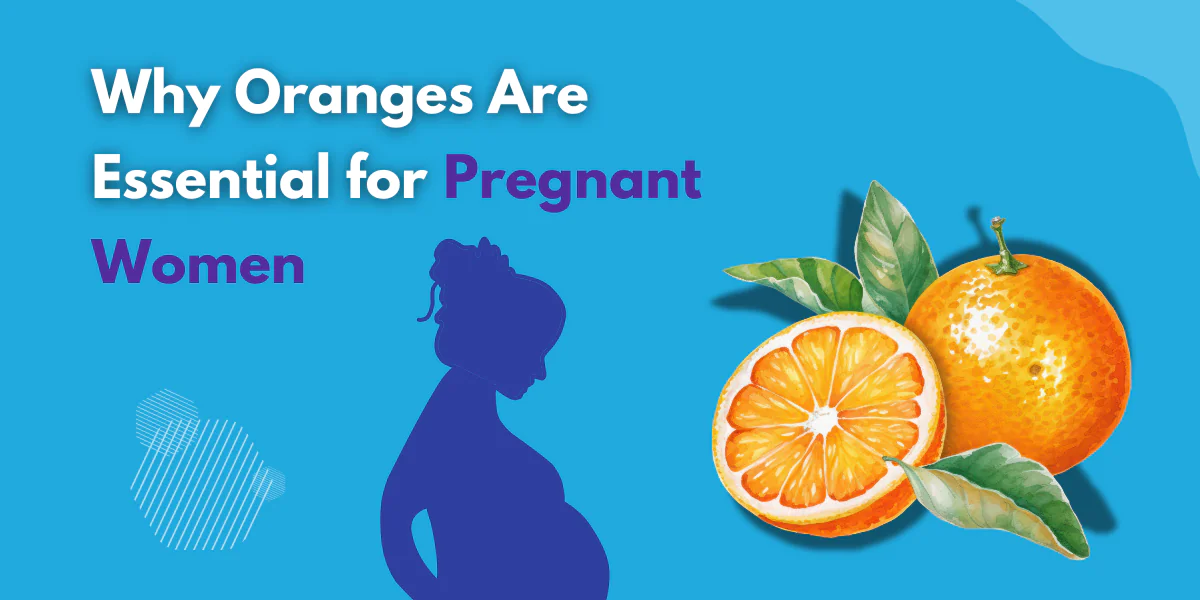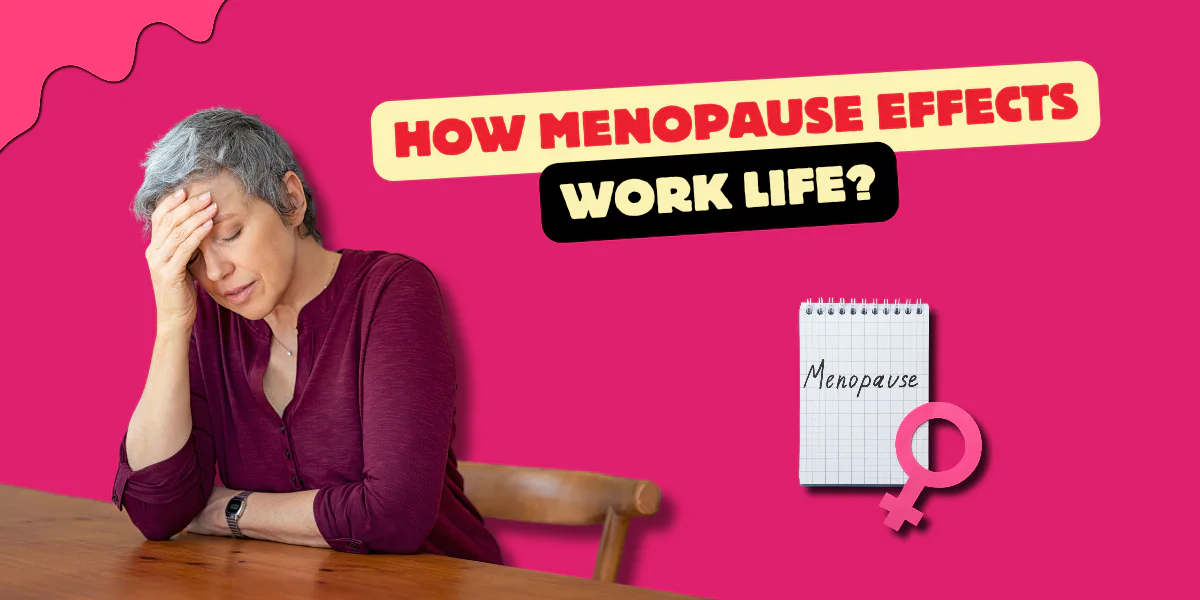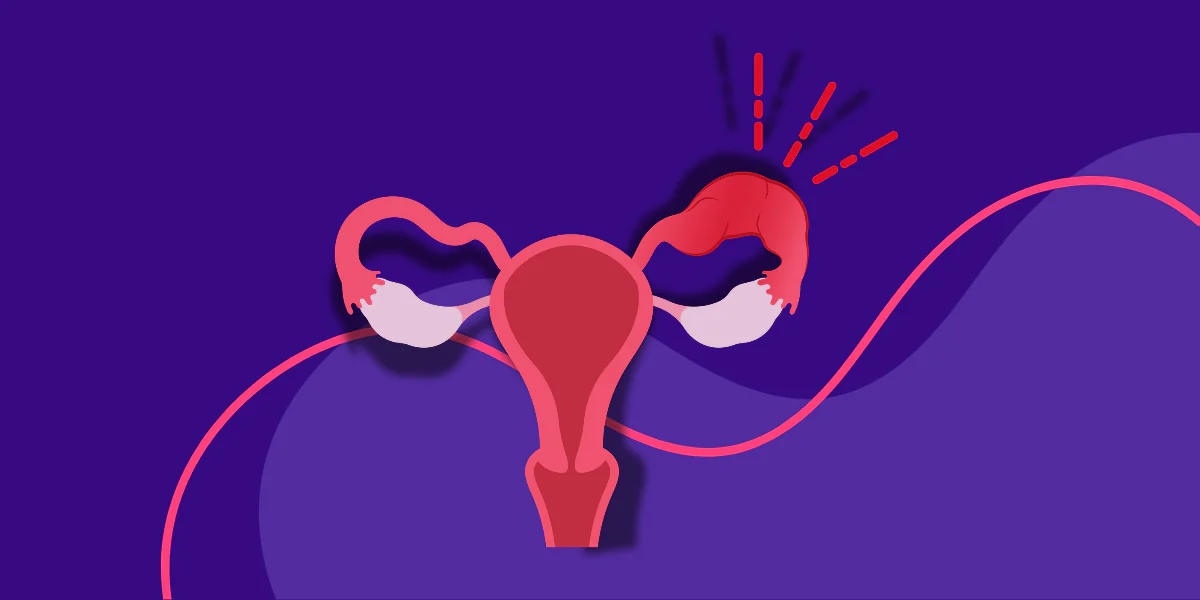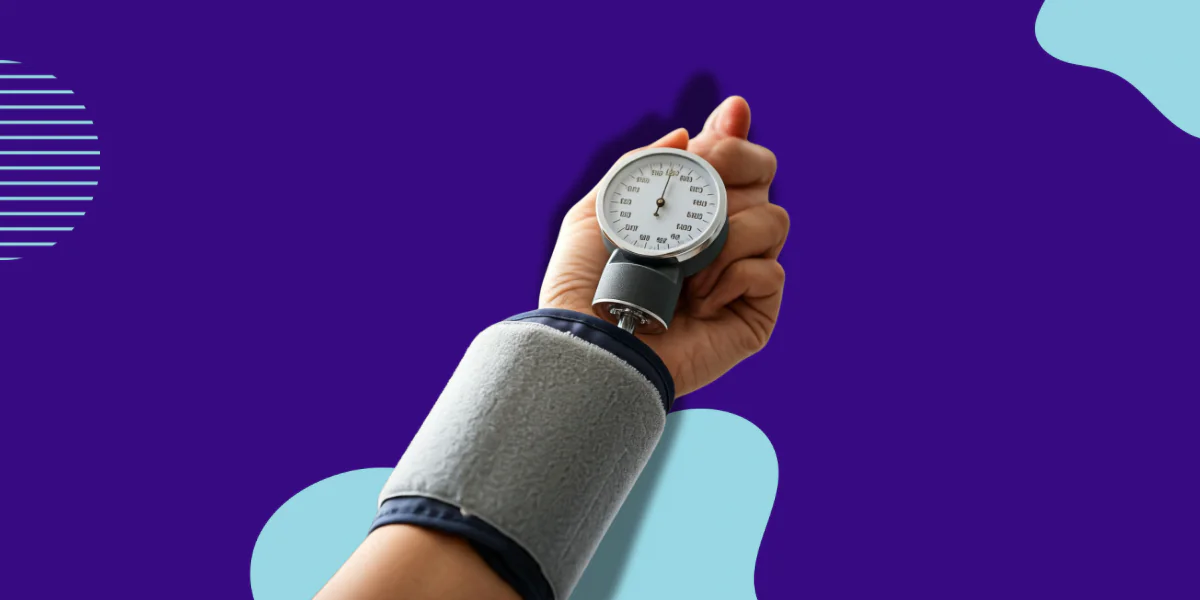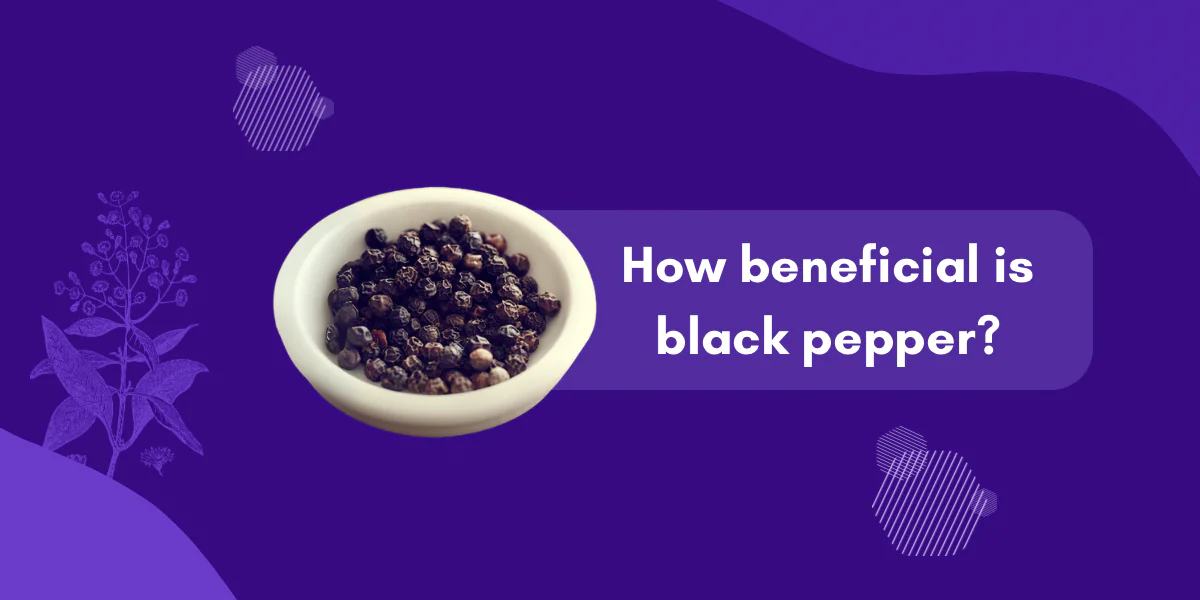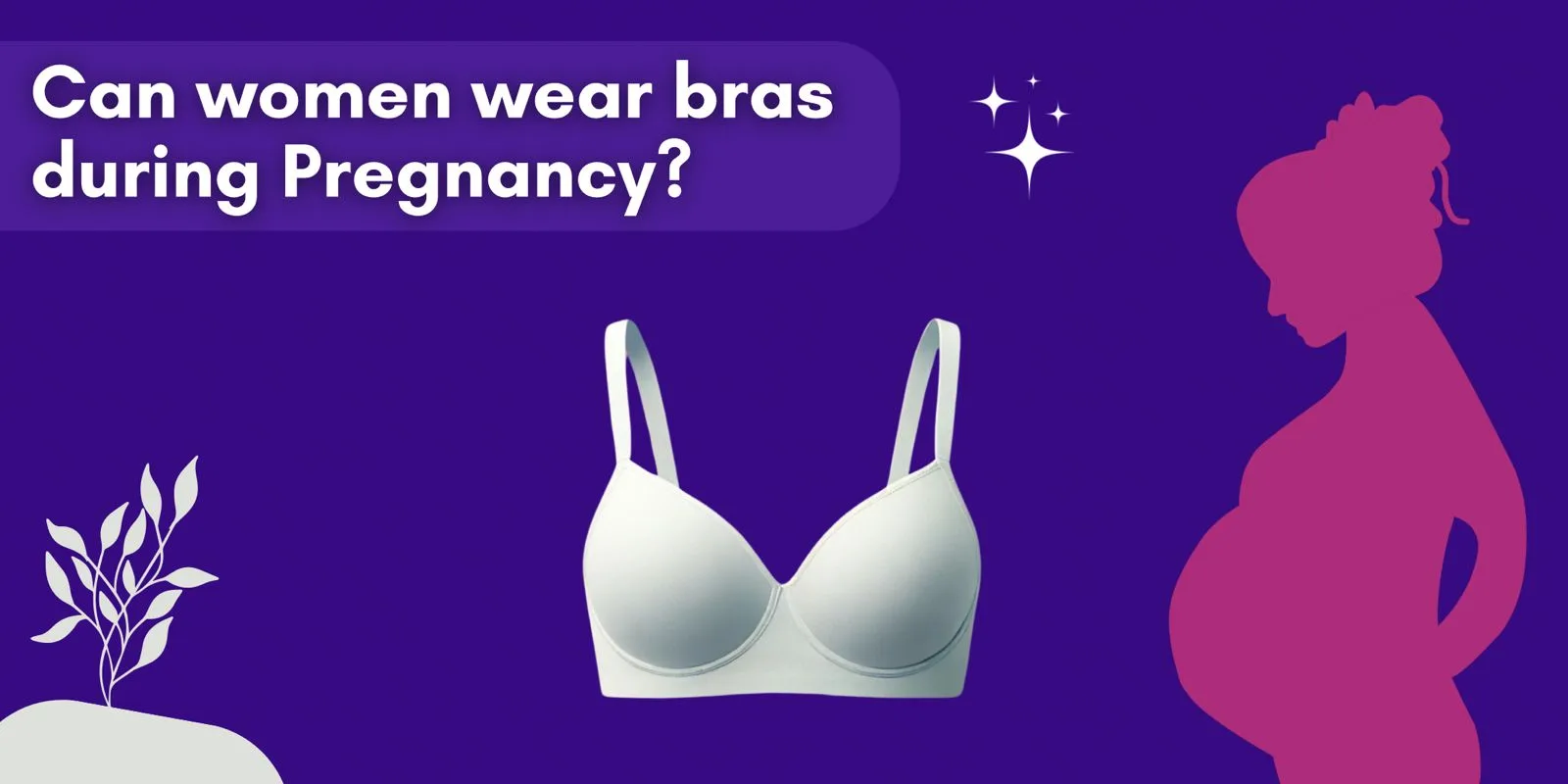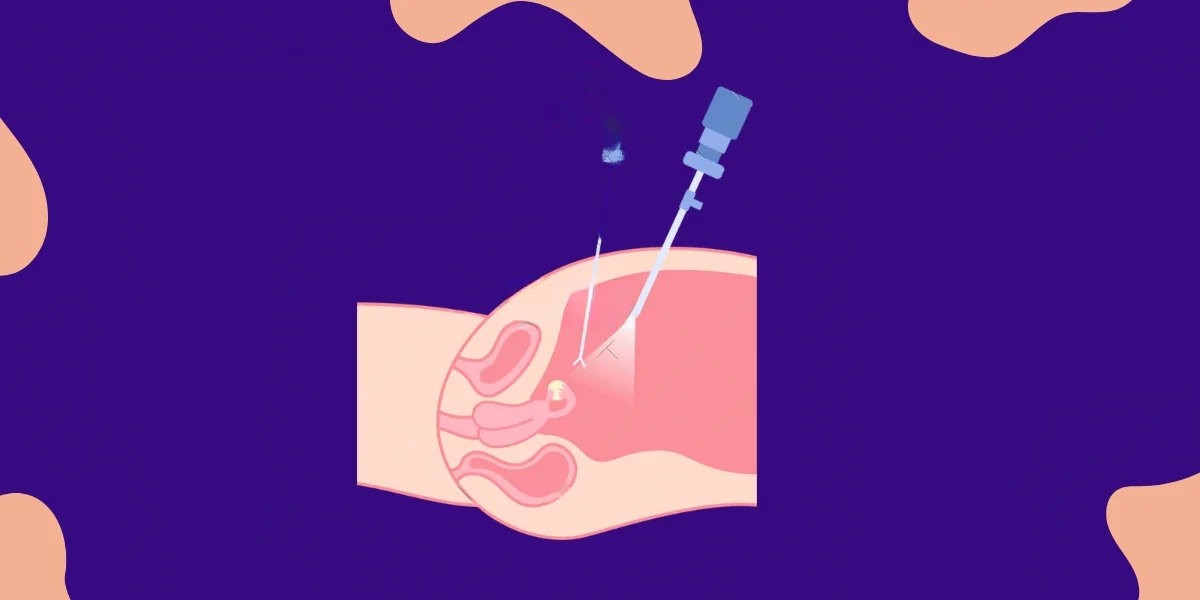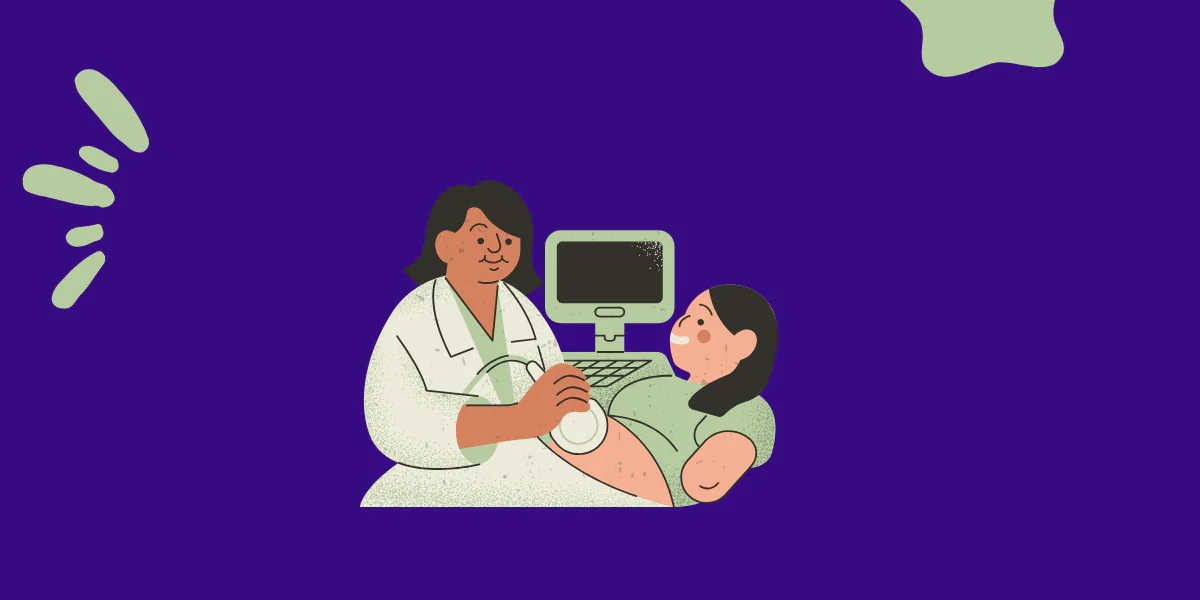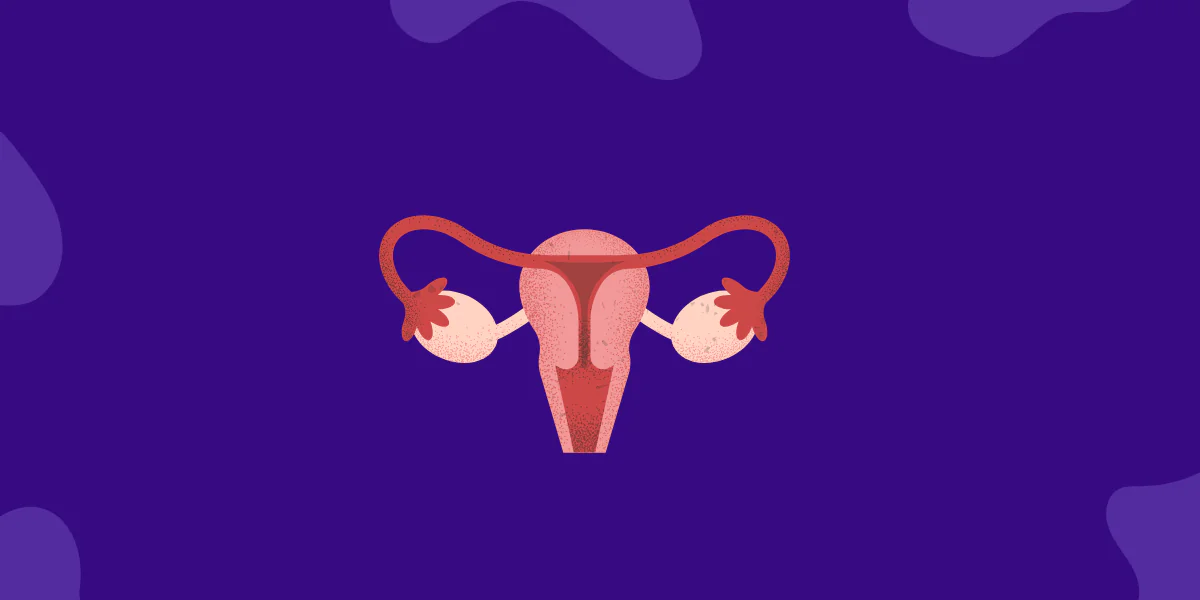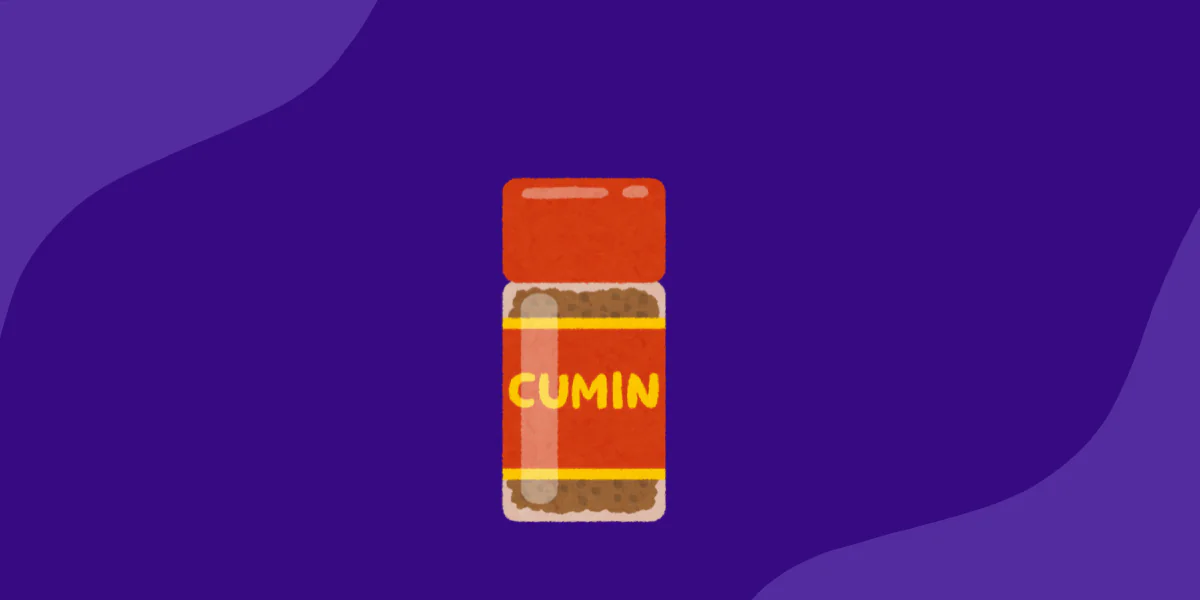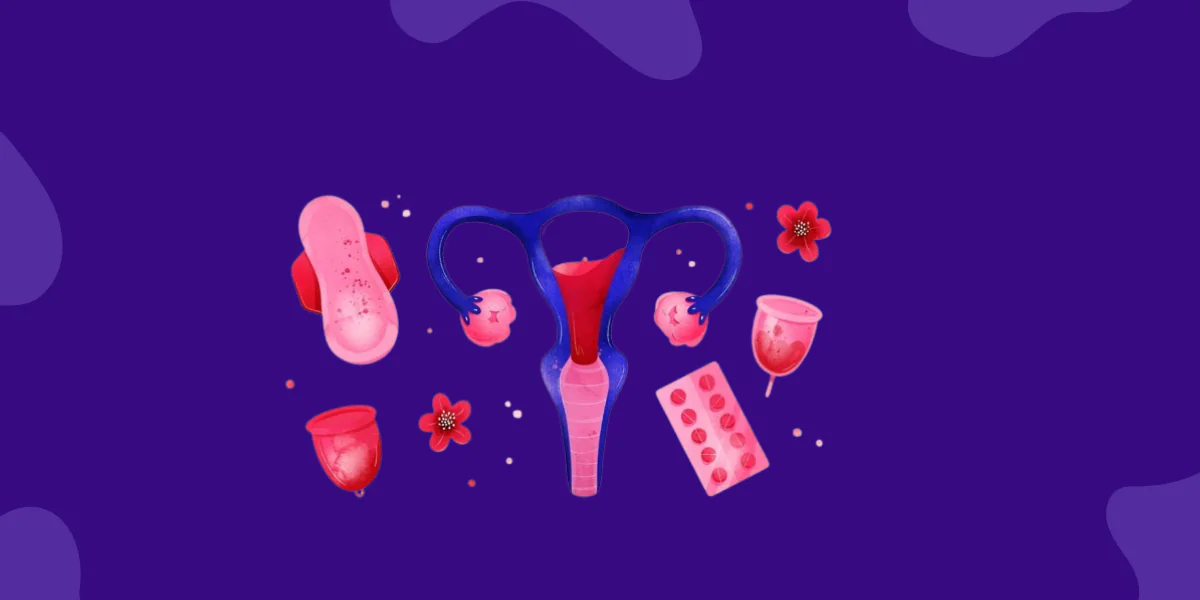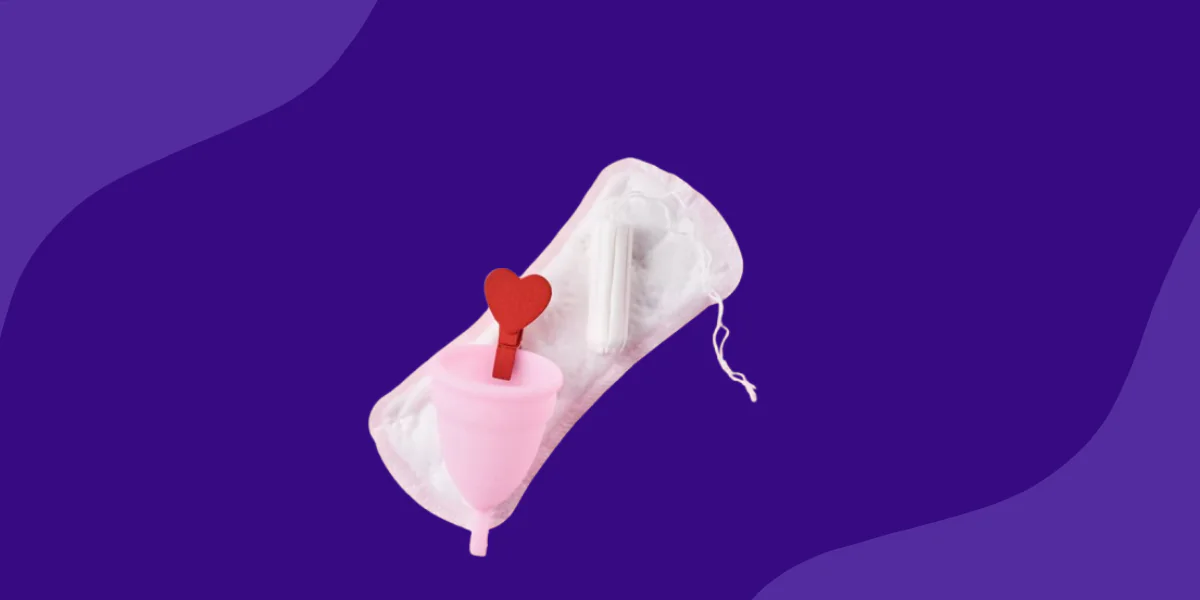Polycystic Ovarian Disease (PCOD) is a common hormonal disorder affecting many women, particularly in India. One of the most effective ways to manage PCOD is by making changes to your diet. Certain foods can trigger insulin spikes, increase inflammation, and exacerbate symptoms, making it important to understand which ones to avoid. In this guide, we’ll explore the foods that women with PCOD should limit or avoid to help manage their symptoms better.
However, it’s essential to note that individual responses to different foods can vary. While this list provides general guidelines, some women may find that they are more sensitive to certain foods than others. Consulting a healthcare professional or nutritionist is always recommended to tailor dietary choices to your specific needs.
1. Sugary Foods and Beverages
Sugary foods are everywhere—whether it’s your favorite Indian desserts like gulab jamun, laddoos, or halwa, or sugary beverages like cold drinks and packaged juices. The issue with these foods is that they cause a rapid spike in blood sugar levels, leading to a rise in insulin. Since insulin resistance is common in women with PCOD, this can make symptoms worse and contribute to weight gain.
Tip: Try reducing your intake of sweets or swap them for healthier alternatives like fruits or jaggery-based sweets in moderation. Also, opt for fresh, unsweetened fruit juices or herbal teas over sugary drinks.
2. Refined Carbohydrates
Refined carbs are found in white rice, white bread, maida (refined flour), and processed foods like bakery products. These carbohydrates are stripped of their fiber and nutrients, making them quickly digestible and causing a rapid spike in blood sugar. This can worsen insulin resistance—a key concern in PCOD.
Tip: Replace refined carbs with healthier alternatives like whole wheat, brown rice, jowar, or bajra. For example, instead of white bread, try whole-wheat or multigrain bread. Similarly, swap maida-based rotis with whole wheat or bajra rotis.
3. Processed and Junk Foods
Indian fast food and junk foods are often deep-fried, high in sodium, and packed with unhealthy fats. Snacks like vada pav, samosas, and packaged chips may taste delicious but can aggravate PCOD symptoms by increasing inflammation and contributing to weight gain.
Tip: Look for healthier homemade snacks like roasted makhanas (fox nuts), khakra, or whole wheat crackers. Opt for baked or grilled food instead of fried items whenever possible.
4. Full-fat Dairy Products
Full-fat dairy products, such as whole milk, butter, paneer, and ghee, can lead to higher androgen levels (male hormones), which may aggravate symptoms like acne and irregular periods in women with PCOD. Although dairy itself isn’t always harmful, opting for low-fat or plant-based alternatives might help reduce the hormonal imbalance.
Tip: Switch to low-fat dairy options like toned milk, curd, or opt for plant-based alternatives like almond milk, soy milk, or coconut milk. Be mindful of how dairy impacts your body, as this can vary from person to person.
5. Red and Processed Meats
Red and Processed Meats Red meats, such as mutton and processed meats like sausages and salami, contain saturated fats and cholesterol, which can increase inflammation and worsen insulin resistance. For women with PCOD, consuming these can make it harder to manage weight and control symptoms.
Tip: Incorporate lean protein sources like chicken, fish, eggs, or plant-based proteins such as lentils (dal), beans, tofu, and chickpeas into your diet. These foods provide the necessary nutrients without the harmful effects of saturated fats.
6. Fried Foods
Fried foods are popular in Indian cuisine—think samosas, pakoras, and puris. While they may be comforting, fried foods are packed with unhealthy trans fats that can increase insulin resistance and lead to weight gain. For women with PCOD, these can further worsen hormonal imbalances and lead to inflammation.
Tip: Instead of frying, try baking or grilling foods. If you love snacks like pakoras, opt for air-frying them with less oil to make them healthier. Choose homemade meals over street food to control the quality of oil and ingredients used.
7. Artificial Sweeteners
Artificial sweeteners may seem like a healthy alternative to sugar, but studies suggest that they can interfere with insulin regulation and contribute to weight gain in the long run. Products like diet sodas, sugar-free candies, and other “sugar-free” items often contain sweeteners like aspartame and sucralose, which may not be beneficial for women with PCOD.
Tip: Instead of relying on artificial sweeteners, stick to natural sweeteners in moderation, such as stevia, honey, or jaggery. Even better, aim to reduce your overall cravings for sweets by focusing on a balanced diet.
8. Gluten-Containing Foods
While gluten sensitivity is not common for everyone, some women with PCOD find that reducing gluten helps them manage symptoms like bloating and inflammation. Foods like wheat-based rotis, parathas, and bakery items made from maida (refined flour) contain gluten, which can sometimes contribute to digestive issues.
Tip: Experiment with gluten-free alternatives such as jowar, bajra, and ragi flour. If you notice improvements in your symptoms, consider reducing gluten intake while ensuring you get enough nutrients through other sources.
9. Alcohol
Alcohol consumption can lead to a spike in insulin levels and disrupt hormone balance, which can worsen PCOD symptoms. Drinking in excess can also contribute to weight gain and increase the risk of developing insulin resistance, both of which are common concerns for women with PCOD.
Tip: It’s best to minimize alcohol consumption or eliminate it altogether if possible. If you do choose to drink, stick to moderation and opt for healthier choices like red wine, which may have some health benefits when consumed in small amounts.
10. Caffeine
Caffeine, found in coffee, tea, and energy drinks, can elevate cortisol levels (the stress hormone), which in turn can worsen PCOD symptoms. Drinking excessive amounts of caffeinated beverages may also disrupt sleep patterns, contributing to hormonal imbalances.
Tip: Try reducing your caffeine intake and opt for healthier alternatives like herbal teas or green tea. If you can’t give up your morning coffee, stick to one cup a day and avoid consuming caffeine in the evening to maintain a good sleep routine.
Also read : Natural Relief for Menstrual Cramps: Holistic Ways to Ease the Pain
Final Thoughts
While managing PCOD can feel overwhelming, making small but consistent changes to your diet can have a significant impact on reducing symptoms and improving overall health. Avoiding foods high in sugar, refined carbs, unhealthy fats, and artificial sweeteners can help regulate insulin levels and reduce inflammation, both of which are crucial for managing PCOD. Along with medical treatment and lifestyle changes, adopting a balanced and nutritious diet is key to feeling better and leading a healthier life.
By being mindful of what you eat, you can take control of your PCOD symptoms and work toward better overall health. Always consult a healthcare professional for personalized advice before making major dietary changes.
Reference :
1.Roland, J. (2024, April 12). How Does Eating Affect Your Blood Sugar? Healthline. https://www.healthline.com/health/and-after-effect-eating-blood-sugar
2.Sissons, C. (2020, February 7). What are refined carbohydrates? https://www.medicalnewstoday.com/articles/refined-carbs
3.Pang, M. D., Goossens, G. H., & Blaak, E. E. (2021). The Impact of Artificial Sweeteners on Body Weight Control and Glucose Homeostasis. Frontiers in Nutrition, 7. https://doi.org/10.3389/fnut.2020.598340
The information provided in this article is for educational purposes only and is not intended as medical advice. Always consult with a healthcare professional before making any changes to your diet, especially if you have any underlying health conditions or dietary restrictions. The benefits mentioned may vary from person to person.



